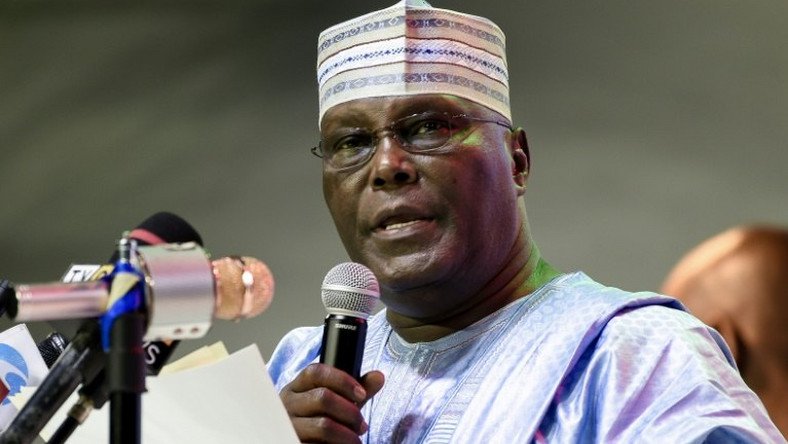The Nigerian government has urged multinational corporations and wealthy individuals to contribute to the fight against climate change in Africa by paying tax, specifically highlighting the need for financial support for victims of recent flooding in Borno and Zamfara States.
Benjamin Kalu, Deputy Speaker of the House of Representatives and leader of the Nigerian delegation to the Pan African Parliament’s special session in South Africa, on behalf of Nigeria, made this call on Tuesday.
Kalu, responding to a paper titled “The impact of climate change and Africa’s strategic pursuits going into COP,” delivered by the Director of Programmes and Research, Pan African Climate Justice Alliance, Mr Charles Nyambura, advocated a global climate tax to support climate adaptation in the world’s most vulnerable regions, especially Africa.
The Deputy Speaker who bemoaned the recent flooding in Borno, Zamfara states among others, said that the climate tax is to help mitigate the impacts of climate change on the continent.
In a statement issued on Tuesday by the Chief Press Secretary to the Deputy Speaker, Levinus Nwabughiogu, Kalu was quoted as saying that “Africa is disproportionately impacted by climate change despite contributing just 3.8 per cent to the global share of greenhouse gas emissions in contrast to 23 per cent by China, 19 per cent by the US, and 13 per cent by the European Union.
“Climate change undermines Africa’s progress towards sustainable development goals, hindering economic growth and human wellbeing.
“Presently, nearly 600 million Africans lack access to electricity according to the World Bank, which hinders economic growth, industrial development, and access to essential services. Furthermore, Africa faces a widening energy gap compared to South Asia and Latin America, which have made more significant progress in bridging their energy deficits.”
The lawmaker added that Nobel Prize-winning economist, Esther Duflo, has “Proposed a global climate tax to support climate adaptation in the world’s most vulnerable regions, such as Africa.
“Duflo’s proposal includes a tax on multinational corporations and billionaires to fund climate adaptation in low-income countries, helping them prepare for and mitigate the impacts of climate disasters.”
He highlighted that the necessity for climate resilience was starkly underscored between August and September 2024, when intense rainfall led to widespread flooding across several Local Government Areas in Borno State, Nigeria.
The floods severely impacted various communities, displacing many residents and causing extensive damage to infrastructure, crops, and shelters.
“In Borno State alone, the International Organization for Migration’s Displacement Tracking Matrix identified 320,791 individuals in 65,731 households affected by the floods across 19 local government areas. These include 157,274 internally displaced persons and 108 returnees, all severely impacted by the floods,” Kalu stated.
He also pointed out the severe impact of food insecurity, worsened by climate change, conflicts, and economic disruptions.
Kalu stressed that Africa’s agricultural potential is still largely underutilized and urged for broad agricultural reforms and greater investment in agribusiness to address the escalating food crisis.
Furthermore, Kalu highlighted the essential role of education in shaping the continent’s future, in line with the African Union’s Agenda 2063 goals.
“We cannot speak of a prosperous Africa when our education systems are failing to prepare our youth for the challenges and opportunities of tomorrow,” Kalu added, calling for unified education policies across the continent.
This article was written by Tamaraebiju Jide, a student at Elizade University













